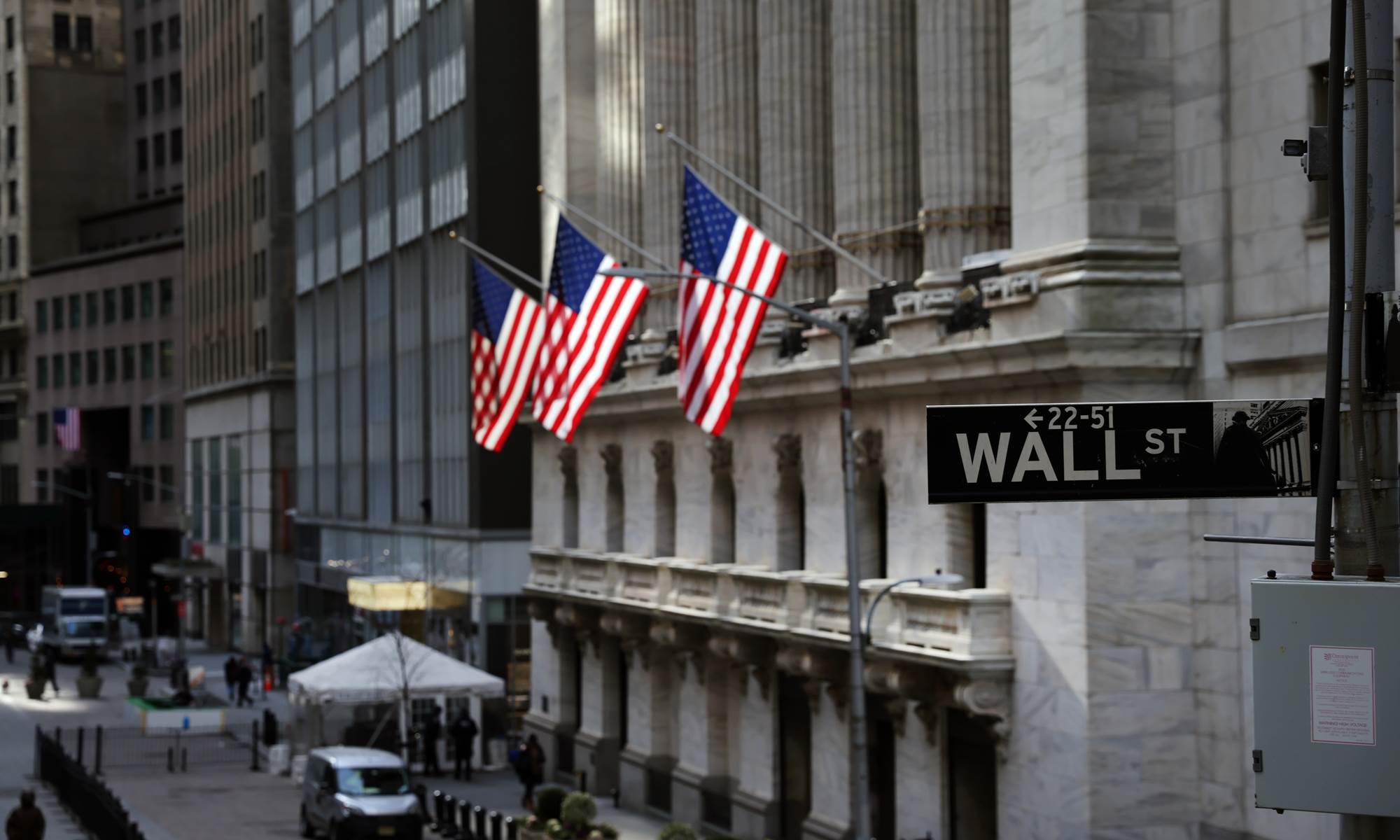Goldman Sachs Grows More Pessimistic about US Economy
Amid Recovery rate slowing down in the US, Banking firms worsen their forecasts even more.
-

Wall Street (AFP)
Goldman Sachs (GS), a global investment, banking, and securities group is becoming increasingly pessimistic about the aUS economy, with government funding for the coronavirus running out and consumer spending in limbo.
According to a report by CNN Business, the Wall Street bank downgraded, over the weekend, its forecast for America's economic growth, which is closely monitored by the investment community. Goldman Sachs now expects the economy to expand by 5.6% this year, compared to a previous estimate of 5.7%. In 2022, growth is projected to expand by 4%, down from 4.4%.
This is the second time in two months that GS has revised its 2021 forecast.
The bank's economists attributed the shift to two primary issues. One is that Covid-19 relief programs will be "significantly" reduced through the end of the year, removing a source of income for certain families.
Another issue is that customers are not spending enough money on services to compensate for a decrease in goods expenditure.
Previous reports mentioned slow job creation growth
On October 8, the labor department reported disappointing results that raised concerns about the speed at which economic recovery is proceeding in the US, amid the spread of the delta variant and lagging vaccination rates.
According to a report by The Washington Post, the United States added just 194,000 jobs in September, well below analysts' forecast of 500,000. Although the unemployment rate dropped from 5.2% to 4.8%, the pandemic still takes a toll on workers after Congress allowed unemployment benefits to expire for at least 6 million Americans last month.
The United States has 5 million jobs less than it did pre-pandemic. Low-wage jobs, which have not rebounded the way higher-skilled positions have, register the worst scores, according to the report. "We'd like it to be that easy... The challenges are still substantial to getting people back,” stated Diane Swonk, Chief Economist at Grant Thornton, to The Washington Post.

 2 Min Read
2 Min Read








